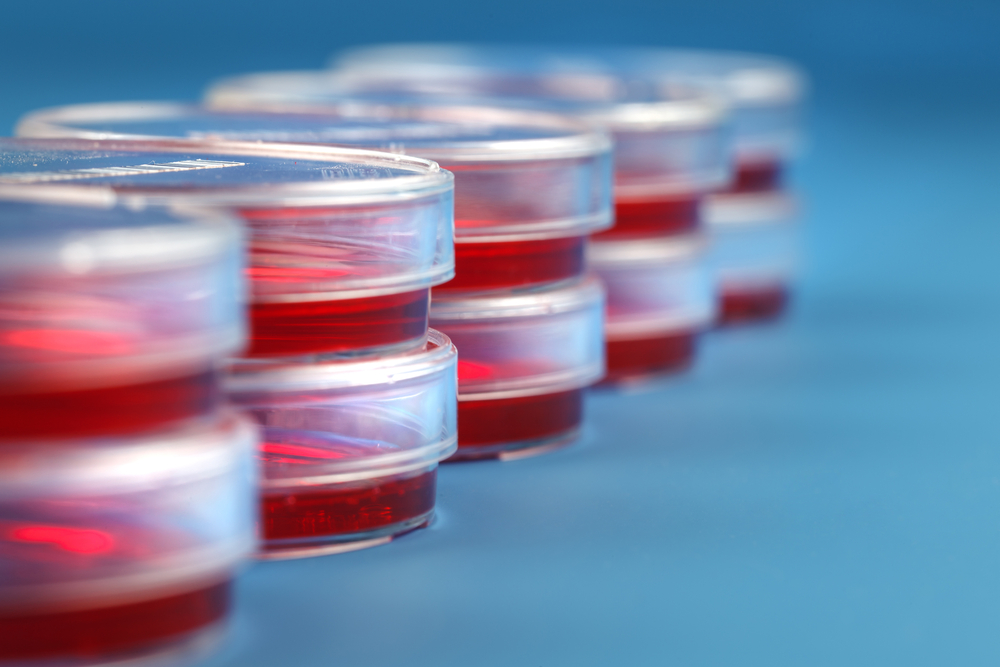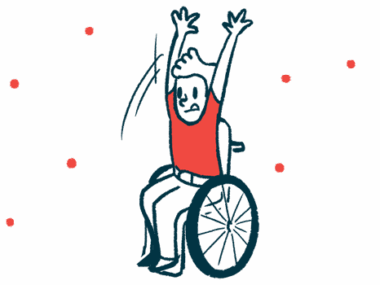Lab-grown Urine Cells from SMA Patients Could Help Test Therapies, Study Reports
Written by |

Human urine cells grown in a lab could help scientists test spinal muscular atrophy treatments, a Chinese study reports.
The SMA patients from whom they were collected have a gene mutation associated with the disease, the researchers said.
The study, “Application of urine cells in drug intervention for spinal muscular atrophy,” appeared in the journal Experimental and Therapeutic Medicine.
SMA is a genetic disease affecting the part of the nervous system that controls voluntary muscle movement. It is caused by a mutation of the SMN gene, which produces less of the protein that controls movement. SMN stands for survival of motor neuron.
Scientists use cells from SMA patients to study the molecular mechanisms underlying the disease and help design therapies for it. But obtaining certain types of cells, such as muscle and skin cells, requires a biopsy. This invasive procedure is not appropriate for some patients, especially young ones.
Researchers at Fujian Medical University collected urine cells from 13 SMA patients — 12 men and women — to grow in a lab. They also grew urine cells from 40 healthy controls — 36 men and four women.
The team discovered that urine cells from SMA patients had significantly lower levels of the SMN protein than the controls’ cells.
They then did experiments to see whether the patient-derived urine cell lines could be useful in drug testing. These involved testing two types of compounds on the cells — histone deacetylase inhibitors, or HDACis, and short RNA molecules called morpholino modified antisense oligos. Both are designed to increase levels of SMN.
The protein’s levels increased “following treatment with histone deacetylase inhibitors, and the effect was greater in groups treated with morpholino modified antisense oligo,” the researchers wrote.
This indicated that “urine cells derived from patients with SMA exhibit tolerance to chemical and physical damage, which may be useful in the initial screening of potential compounds and drugs to treat SMA,” the team wrote.
Although urine cells are very different from the nerve cells that are ultimately responsible for SMA, they do carry SMN gene mutations and generate relatively low levels of the SMN protein, they wrote.
“Compared with obtaining patient-derived neurons, the urine cell culture process is simple and non-invasive,” the researchers wrote. “Thus urine cells may be used as a platform for drug intervention.”



